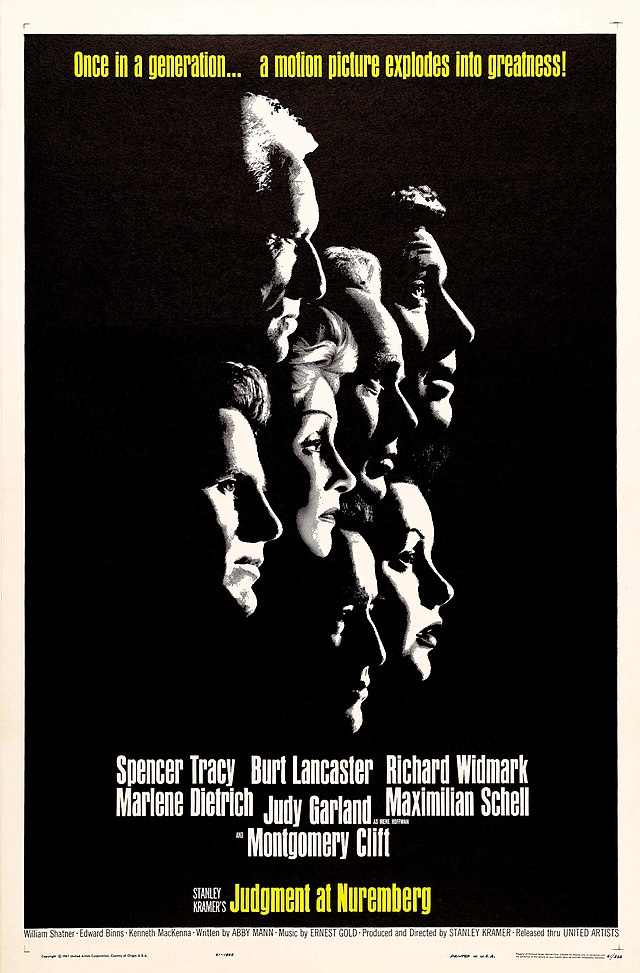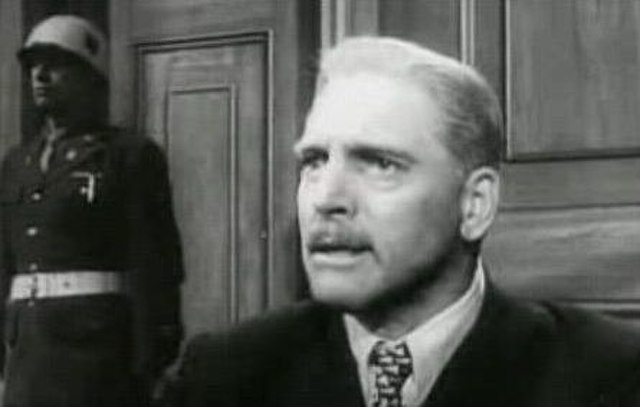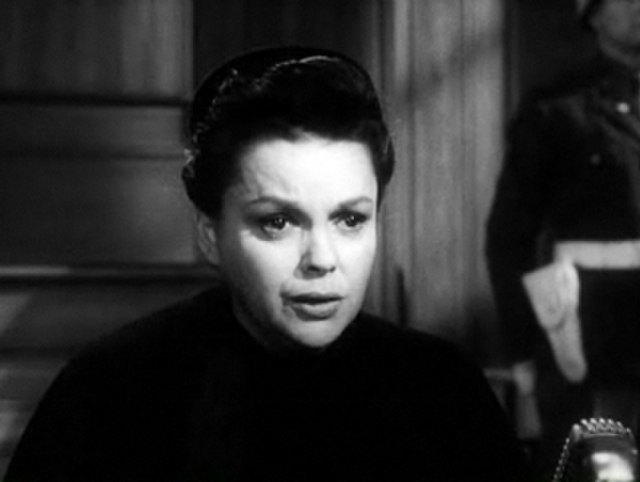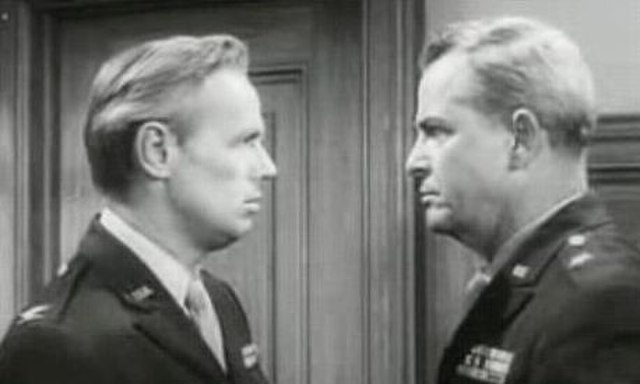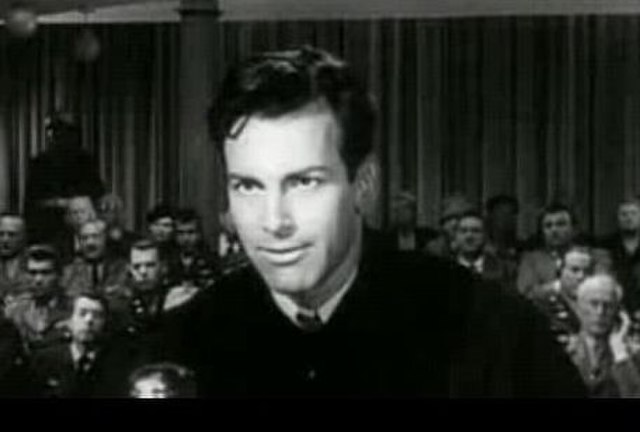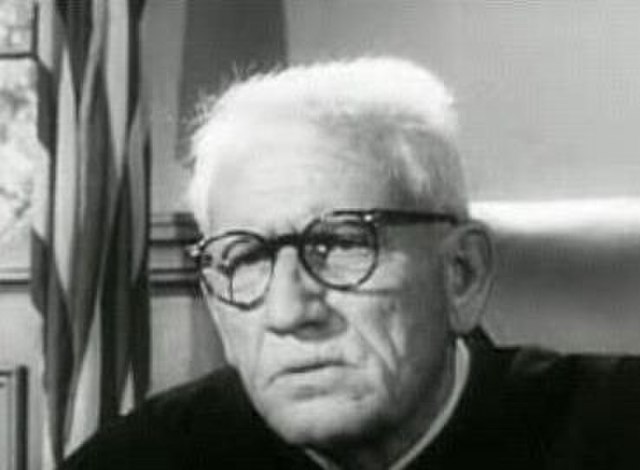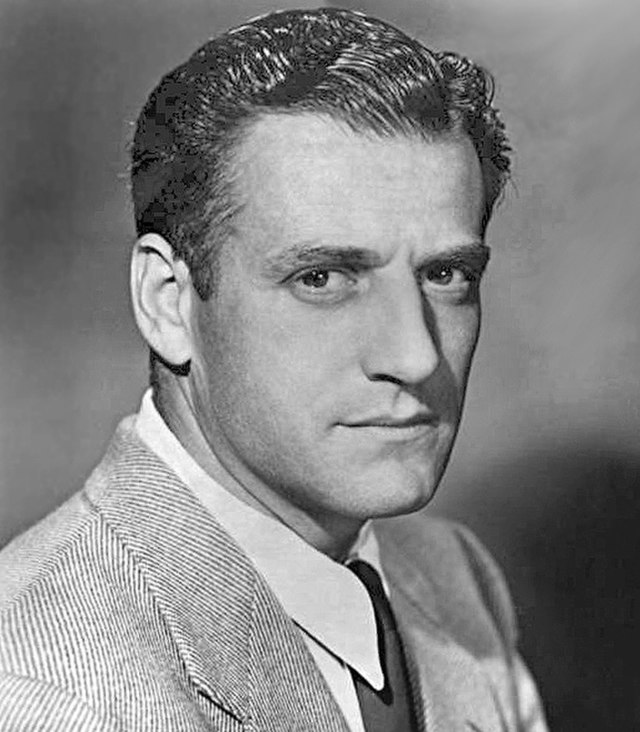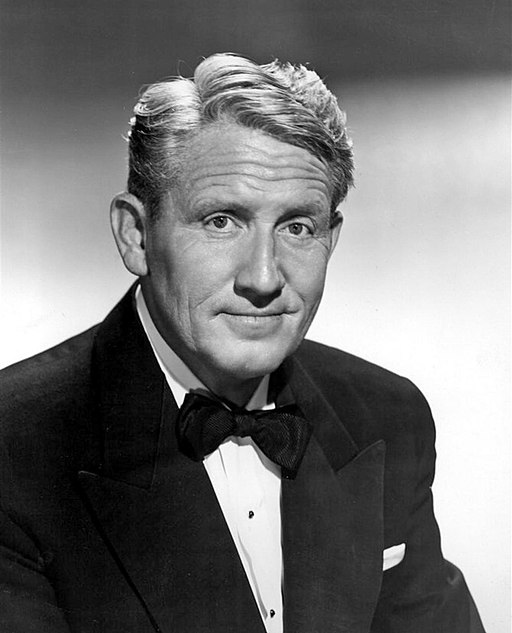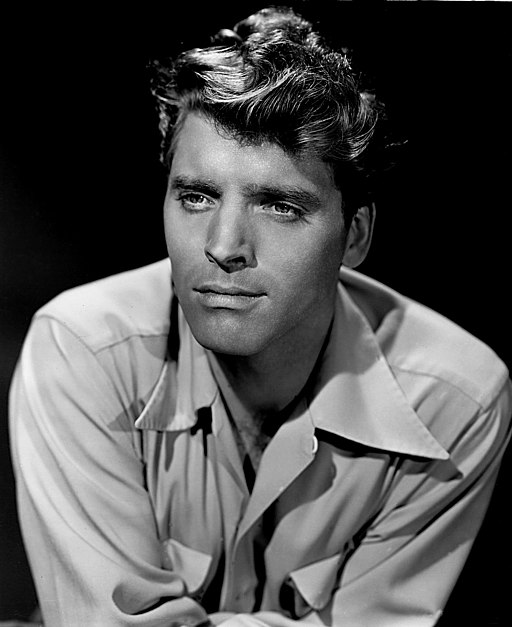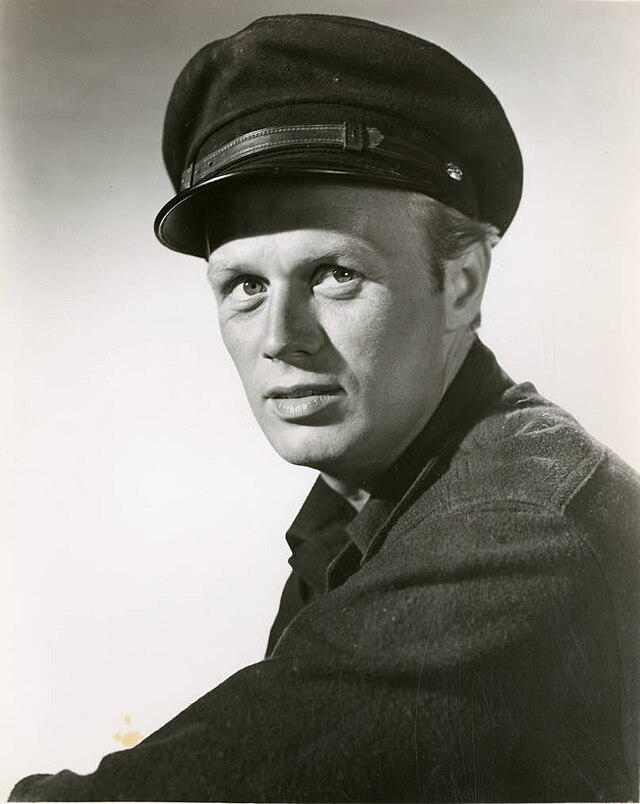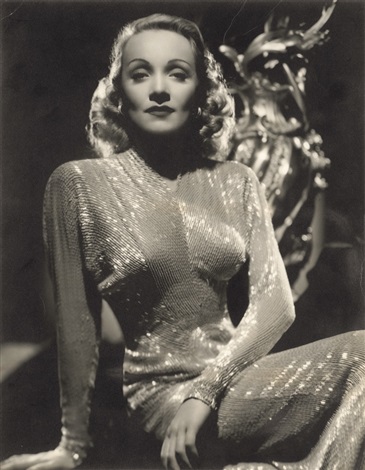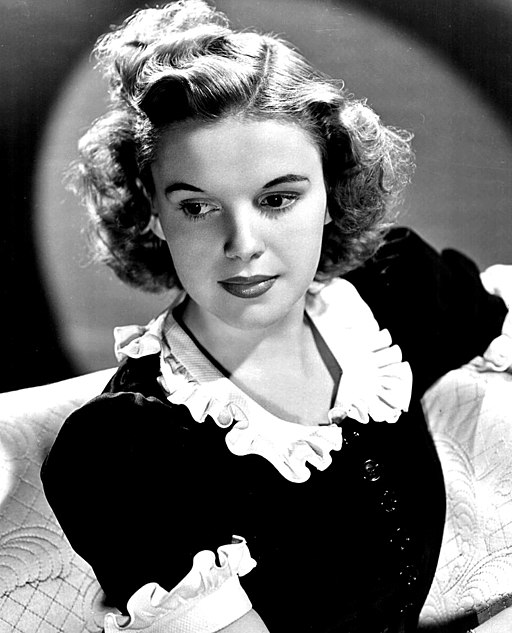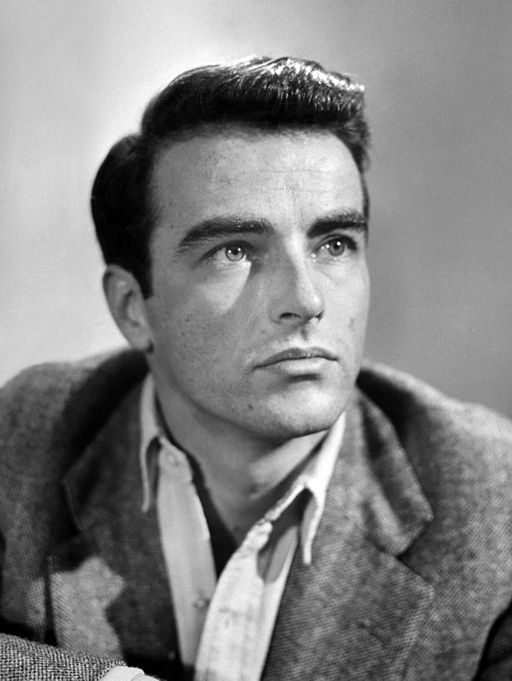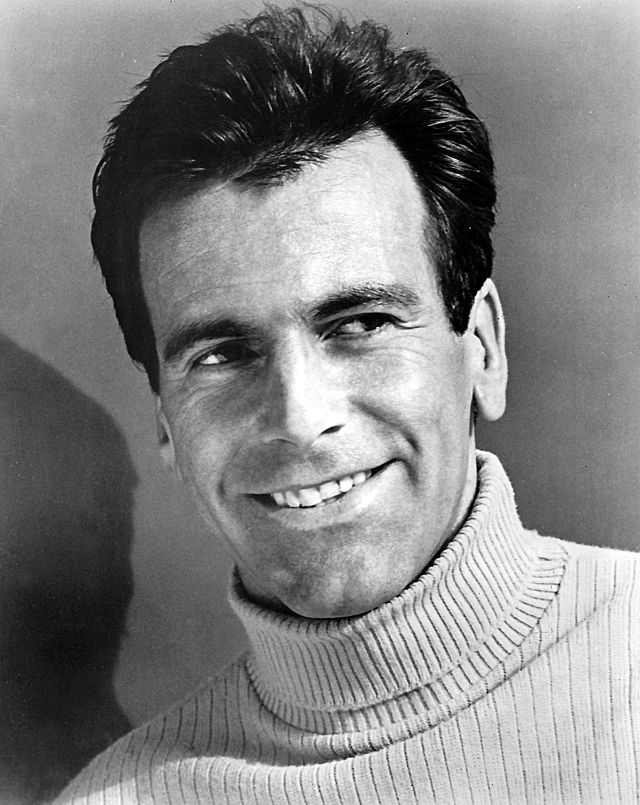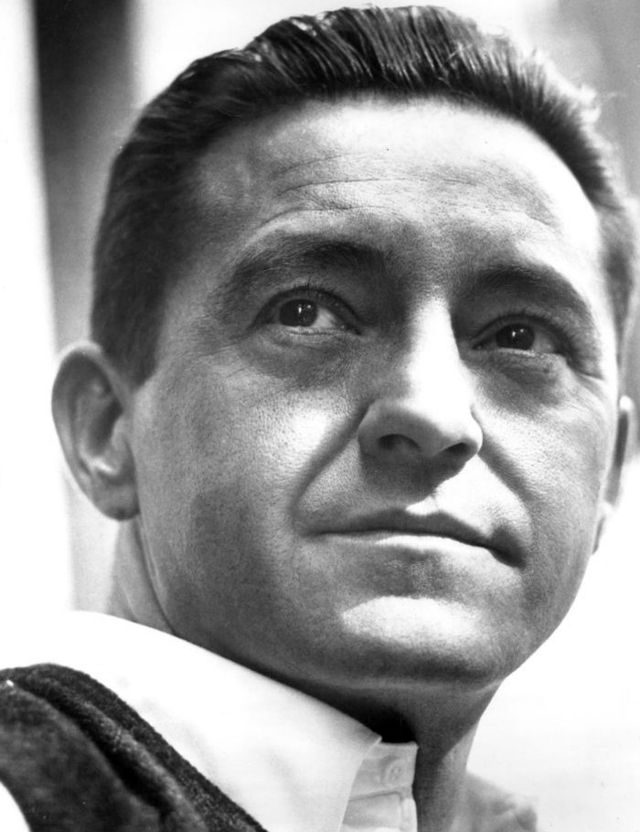Judgment at Nuremberg - 1961
back| Released by | United Artists |
| Director | Stanley Kramer |
| Producer | Stanley Kramer |
| Script | Written by Abby Mann (based on his earlier television play) |
| Cinematography | Ernest Laszlo (shot in black and white) |
| Music by | Ernest Gold |
| Running time | 179 minutes |
| Film budget | $3 million |
| Box office sales | $10 million |
| Main cast | Spencer Tracy - Burt Lancaster - Richard Widmark - Maximilian Schell - Marlene Dietrich - Judy Garland - Montgomery Clift |
Judgment at Nuremberg
A Gripping Exploration of Justice
Judgment at Nuremberg (1961), directed by Stanley Kramer, is a courtroom drama examining the moral and legal accountability of four German judges tried for enabling Nazi atrocities.
Set in 1948 during the Nuremberg Trials, the film explores themes of justice, obedience to authority, and individual responsibility. Spencer Tracy portrays Chief Judge Dan Haywood, who grapples with delivering a verdict amidst Cold War political pressures. Notable performances by Maximilian Schell (Academy Award winner), Burt Lancaster, Judy Garland, and Montgomery Clift bring emotional weight to harrowing testimonies and moral debates.
Related
Judgment at Nuremberg - 1961
Summary and Analysis
Stanley Kramer's Judgment at Nuremberg is a compelling courtroom drama that delves into the moral complexities and legal implications of the post-World War II Nuremberg Trials. Set in 1948, the film dramatizes one of the lesser-known tribunals where four German judges are tried for their complicity in Nazi atrocities, including the enforcement of eugenics laws and facilitating war crimes. Through its intricate narrative, the film explores the tension between justice, accountability, and the broader geopolitical realities of the postwar world.
Plot Summary
The story centers around Chief Judge Dan Haywood (Spencer Tracy), an American jurist brought to Nuremberg to preside over the trial of four prominent German judges, including Dr. Ernst Janning (Burt Lancaster). The trial's prosecutor, Colonel Tad Lawson (Richard Widmark), argues that these judges enabled the Nazi regime through their legal rulings, which sanctioned sterilizations, imprisonments, and executions.
Defending the judges is Hans Rolfe (Maximilian Schell), a passionate German lawyer who argues that the defendants were simply following orders in a time of national chaos. He also raises questions about the Allies' own moral culpability, such as the atomic bombings of Hiroshima and Nagasaki.
Throughout the trial, harrowing testimonies reveal the extent of the Nazi regime’s brutality. Rudolph Petersen (Montgomery Clift), a mentally disabled man, recounts his forced sterilization, while Irene Hoffman (Judy Garland) recalls being falsely accused of an affair with a Jewish man, leading to his execution. These stories bring the abstract horrors of the Nazi regime into sharp personal focus.
The most striking testimony comes from Dr. Ernst Janning himself, who ultimately confesses his guilt. In a powerful monologue, he admits that his actions were not justifiable, even under the guise of legal duty. His confession forces the court—and the audience—to grapple with the nature of individual accountability in a system of collective evil.
In the end, Judge Haywood delivers a stern verdict, sentencing the defendants to life imprisonment. He acknowledges the political pressures to temper justice in the interest of rebuilding Germany during the Cold War, but he maintains that the crimes committed were too grave to ignore. The film concludes with Haywood reflecting on the fragility of human morality and the need for constant vigilance against the forces of oppression.
Themes and Analysis
Moral Responsibility vs. Obedience to Authority
The film’s central conflict revolves around whether the judges should be held accountable for enforcing laws under Nazi rule. It examines the dangers of blind obedience to authority and the moral compromises individuals make under oppressive systems. Dr. Janning’s confession underscores the idea that adhering to laws does not absolve individuals of moral responsibility.
The Nature of Justice
Judgment at Nuremberg questions what justice means in the aftermath of atrocity. Is it retribution, reconciliation, or something else entirely? The film does not offer easy answers but suggests that justice must be pursued even when it is politically inconvenient.
The Banality of Evil
The film portrays the defendants not as fanatical villains but as ordinary men who justified their actions as part of their duties. This echoes the real-world concept of the "banality of evil" as explored by Hannah Arendt during the Eichmann trial.
Cold War Politics
The backdrop of the Cold War looms large in the film, highlighting how political expediency can threaten the pursuit of justice. The American government’s interest in rehabilitating Germany contrasts with Judge Haywood’s insistence on holding the defendants accountable.
Human Resilience and the Cost of Truth
Through characters like Irene Hoffman and Rudolph Petersen, the film depicts the resilience of individuals who suffered under the Nazi regime. Their testimonies serve as a poignant reminder of the human cost of authoritarianism and the courage required to confront the truth.
Cinematic Elements
Direction and Performances:
Stanley Kramer’s direction is restrained yet impactful, allowing the powerhouse performances to shine. Spencer Tracy’s portrayal of Judge Haywood exudes wisdom and moral clarity, while Maximilian Schell’s passionate defense captures the complexity of Rolfe’s character. Burt Lancaster’s transformation from stoic denial to anguished confession is unforgettable.
Script:
Abby Mann’s screenplay is both eloquent and unflinching, balancing legal arguments with deeply emotional moments. The dialogue is rich with philosophical inquiry, making the audience reflect on the broader implications of the trial.
Cinematography:
Ernest Laszlo’s black-and-white cinematography enhances the somber tone of the film, emphasizing the stark moral landscape of the story.
Music:
Ernest Gold’s score complements the gravity of the subject matter, using subtle orchestration to underscore the film’s emotional depth.
Classic Trailer
Full Cast
Main Cast
- Spencer Tracy as Chief Judge Dan Haywood
- Burt Lancaster as Dr. Ernst Janning
- Richard Widmark as Colonel Tad Lawson
- Maximilian Schell as Hans Rolfe (won the Academy Award for Best Actor)
- Marlene Dietrich as Mrs. Bertholt
- Judy Garland as Irene Hoffman
- Montgomery Clift as Rudolph Petersen
Supporting Cast
- Werner Klemperer as Emil Hahn
- Torben Meyer as Werner Lampe
- Martin Brandt as Friedrich Hofstetter
- Edward Binns as Senator Burkette
- Kenneth MacKenna as Judge Kenneth Norris
- Ray Teal as Judge Curtiss Ives
- William Shatner as Captain Harrison Byers
Other Roles
- Virginia Christine as Mrs. Elsa Lindnow
- Ben Wright as Halbestadt
- Alan Baxter as Matt Merrin
- Karl Swenson as Dr. Heinrich Geuter
- Howard Caine as Hugo Wallner
Analysis of Stanley Kramer's Direction in Judgment at Nuremberg
Stanley Kramer’s direction of Judgment at Nuremberg exemplifies his reputation as a filmmaker unafraid to tackle controversial and morally complex subjects. Known for his "message movies," Kramer brings to this courtroom drama a meticulous balance of restraint, intensity, and moral inquiry, crafting a film that is as intellectually engaging as it is emotionally resonant.
Key Elements of Kramer's Direction
Tone and Pacing
Kramer's direction establishes a somber, contemplative tone from the outset, perfectly reflecting the gravity of the trial and the atrocities being examined. Despite the film’s lengthy runtime (179 minutes), Kramer masterfully sustains the audience's engagement by pacing the narrative deliberately. Each scene is allowed to breathe, giving weight to the arguments, testimonies, and character interactions without rushing toward resolution.
The courtroom sequences dominate the film but never feel static. Kramer uses changes in rhythm and emphasis—from fiery cross-examinations to quiet, introspective monologues—to maintain dramatic tension and emotional depth.
Focus on Performances
Kramer’s greatest strength lies in his ability to draw out nuanced, powerhouse performances from the cast. He creates an environment where actors can deliver their best work. For instance:
Spencer Tracy’s Judge Haywood exudes quiet authority and moral clarity, reflecting the audience’s perspective.
Maximilian Schell’s Hans Rolfe is impassioned and forceful, embodying the tension between defending the indefensible and upholding legal duty.
Burt Lancaster’s restrained portrayal of Dr. Janning is a haunting depiction of guilt and moral reckoning.
Kramer's direction allows these performances to shine without overshadowing the story or its themes. He resists over-dramatization, letting the power of the script and the actors’ delivery carry the emotional weight.
Visual Storytelling
While Judgment at Nuremberg relies heavily on dialogue, Kramer's use of visual language enhances the film's impact. Ernest Laszlo’s stark black-and-white cinematography, guided by Kramer's vision, mirrors the moral starkness of the story. The sharp contrasts between light and shadow symbolize the struggle between clarity and ambiguity in questions of justice.
Kramer’s framing is deliberate and effective. In the courtroom, the camera often lingers on the faces of the accused, witnesses, and judges, capturing their expressions in moments of tension, guilt, and reflection. These close-ups personalize the abstract horrors being discussed, making the audience confront the humanity—and culpability—of all involved.
Engagement with Moral Complexity
Kramer’s direction shines in his handling of the film's moral and philosophical debates. He avoids simplifying the narrative into a black-and-white morality tale. Instead, he encourages the audience to wrestle with difficult questions:
- To what extent should individuals be held accountable for actions taken under oppressive regimes?
- Can justice ever truly be served for crimes of this magnitude?
- What is the role of political expediency in the pursuit of justice?
Kramer's handling of these questions reflects his skill in presenting multiple perspectives. For example, Hans Rolfe’s defense arguments, though morally troubling, are given as much weight as the prosecution’s condemnation. This evenhandedness invites viewers to grapple with their own judgments.
Contextual Awareness
Kramer's direction situates the trial within a broader historical and political context. The Cold War is subtly woven into the narrative, creating a sense of urgency and moral ambiguity. Judge Haywood’s private conversations with Mrs. Bertholt (Marlene Dietrich) reveal the lingering scars of war on the German populace and the pressure to move forward in rebuilding a fractured world.
Kramer uses these moments to humanize the story, showing the complexities of postwar recovery while never losing sight of the atrocities committed.
Restraint in Depicting Atrocities
Kramer makes the deliberate choice to focus on the legal and personal implications of the Holocaust rather than explicitly depicting its horrors. He uses testimonies and archival footage sparingly but effectively, ensuring that the audience feels the weight of these events without overwhelming them. This restraint heightens the emotional impact of scenes like Rudolph Petersen’s testimony about forced sterilization and Irene Hoffman’s account of her persecution.
Stanley Kramer’s Vision: A Legacy of Moral Filmmaking
Kramer’s direction of Judgment at Nuremberg is a masterclass in creating thought-provoking cinema. His ability to weave compelling drama with profound moral inquiry elevates the film beyond a courtroom story into a universal exploration of justice, responsibility, and humanity.
Unlike directors who might prioritize spectacle, Kramer opts for simplicity and clarity, allowing the film’s themes and performances to take center stage. This approach ensures that Judgment at Nuremberg resonates with audiences across generations, reminding them of the importance of confronting historical truths and upholding moral accountability.
In summary, Stanley Kramer’s direction transforms Judgment at Nuremberg into an enduring classic. Through his measured and insightful approach, he ensures that the film is not only a powerful historical account but also a deeply human story about the cost of justice and the struggle to reconcile past atrocities with present responsibilities.
Analysis of Spencer Tracy’s Performance in Judgment at Nuremberg
Spencer Tracy’s portrayal of Chief Judge Dan Haywood in Judgment at Nuremberg is a cornerstone of the film’s enduring power and emotional resonance. Known for his naturalistic acting style and quiet authority, Tracy brings to the role a profound humanity, making Judge Haywood not just a figure of legal authority but also a deeply empathetic observer and participant in the trial’s moral inquiry.
Key Elements of Spencer Tracy’s Performance
Quiet Authority and Moral Gravitas
Tracy’s performance is defined by a calm, understated strength that anchors the film. As Chief Judge, he conveys an air of wisdom and impartiality, embodying the integrity required for such a morally complex trial. His gestures are measured, his tone deliberate, and his expressions restrained, reflecting the heavy burden of delivering judgment in a case of such magnitude.
Unlike some of the film’s more fiery or emotionally charged characters, Tracy’s Haywood acts as a stabilizing force, maintaining a calm demeanor while navigating the intense legal arguments and harrowing testimonies. This composure underscores his role as the moral center of the film, allowing the audience to see the trial’s complexities through his reflective gaze.
Subtle Emotional Depth
While Haywood is a reserved character, Tracy infuses him with layers of emotional depth. His performance captures the judge’s internal struggle as he grapples with the weight of his decisions and the broader implications of justice.
For instance, during Irene Hoffman’s (Judy Garland) testimony, Tracy’s restrained reactions convey profound empathy and sorrow without overt sentimentality. His subtle shifts in expression—a furrowed brow, a tightening of the jaw—speak volumes about Haywood’s quiet indignation and heartbreak over the injustices being recounted.
Connection to Universal Themes
Tracy’s portrayal transcends the specifics of the trial, embodying universal questions about morality, justice, and human fallibility. He plays Haywood not as a man with all the answers but as someone earnestly searching for them.
In scenes where Haywood reflects on the trial outside the courtroom—such as his conversations with Mrs. Bertholt (Marlene Dietrich)—Tracy shows the judge’s vulnerability and introspection. These moments reveal Haywood’s growing understanding of the German people’s suffering and his recognition of the moral ambiguities inherent in postwar justice.
One particularly poignant moment is Haywood’s monologue toward the film’s conclusion, where he delivers the court’s verdict. Tracy’s delivery is firm yet tinged with sorrow, capturing the duality of justice: its necessity and its inability to undo the past.
Naturalistic Acting Style
Spencer Tracy was known for his ability to disappear into a role, and his performance as Judge Haywood exemplifies this skill. He eschews theatrical flourishes or grand gestures, relying instead on the authenticity of his voice and body language to communicate the character’s gravitas.
Tracy’s naturalism makes Haywood relatable and credible. He avoids making the judge seem larger-than-life; instead, he portrays him as an ordinary man placed in extraordinary circumstances. This grounded approach helps the audience connect with Haywood on a personal level, amplifying the film’s emotional and ethical impact.
Chemistry with Other Cast Members
Tracy’s interactions with the ensemble cast further elevate his performance. His respectful but firm exchanges with Hans Rolfe (Maximilian Schell) reflect Haywood’s commitment to fairness, even when faced with morally repugnant arguments. Similarly, his empathy toward witnesses like Rudolph Petersen (Montgomery Clift) and Irene Hoffman highlights his deep compassion.
His scenes with Marlene Dietrich are particularly nuanced, revealing Haywood’s internal conflict as he navigates his personal feelings for Mrs. Bertholt and his responsibility to deliver an impartial verdict. Tracy subtly conveys the tension between his private reflections and his public duty, adding depth to their interactions.
Signature Moments in Tracy’s Performance
Opening Scenes
From the moment Haywood arrives in Nuremberg, Tracy establishes the judge’s thoughtful, observant nature. He surveys the remnants of a war-torn city with quiet contemplation, setting the tone for a character who listens and reflects before acting.
The Verdict
Haywood’s delivery of the court’s verdict is one of Tracy’s finest moments. His voice is steady but filled with emotion as he declares that the judges must be held accountable for their complicity in the Nazi regime’s crimes. Tracy masterfully balances the gravitas of the legal decision with the underlying sorrow for humanity’s failings.
Haywood’s Final Conversation with Janning
In the closing moments of the film, when Haywood speaks to Dr. Ernst Janning (Burt Lancaster), Tracy conveys the judge’s deep moral clarity. His simple but impactful response—"It came to that the first time you sentenced a man to death you knew to be innocent"—is delivered with quiet firmness, encapsulating the film’s central message about personal responsibility.
Overall Impact of Spencer Tracy’s Performance
Spencer Tracy’s performance in Judgment at Nuremberg is a masterclass in restraint, empathy, and moral complexity. He brings authenticity to Judge Haywood, portraying him as a thoughtful and compassionate man tasked with an almost impossible responsibility. Tracy’s ability to convey the character’s internal conflict and ethical convictions without overplaying the role ensures that Haywood remains relatable and deeply human.
By grounding the film’s moral questions in his character’s personal reflections, Tracy not only anchors the narrative but also invites the audience to engage with its themes on a profound level. His performance is a testament to the power of understated acting and remains one of the most memorable aspects of this landmark film.
Notable Movie Quotes
Quotes Reflecting Moral Accountability
Dr. Ernst Janning (Burt Lancaster):
"What was it we were fighting for? We were fighting for our country! But in the process, we committed crimes that never should have happened."
This quote captures Janning’s internal conflict and ultimate recognition of the moral bankruptcy of his actions, offering a poignant reflection on complicity and nationalism.
Chief Judge Dan Haywood (Spencer Tracy):
"It came to that the first time you sentenced a man to death you knew to be innocent."
Haywood’s response to Janning in their final conversation encapsulates the film’s central theme: that small moral compromises can lead to catastrophic consequences.
Quotes About Justice
Chief Judge Dan Haywood:
"The case before us is a question of whether men are responsible for their actions, however much they may be conditioned by their environment."
This quote highlights the trial's focus on individual accountability versus collective influence, one of the film’s recurring questions.
Colonel Tad Lawson (Richard Widmark):
"A country is what it stands for when standing for something is the hardest."
Lawson’s statement serves as a reminder of the importance of upholding principles, even in the face of adversity or pragmatism.
Hans Rolfe (Maximilian Schell):
"Do you think it is any easier for me to ask these questions than it is for you to listen to them?"
Rolfe’s impassioned defense of the accused challenges the audience to consider the complexities of justice and the emotional toll on all involved in the trial.
Quotes Highlighting the Human Cost of Atrocity
Irene Hoffman (Judy Garland):
"You have to believe me! I loved him!"
Irene’s anguished testimony about her relationship with a Jewish man highlights the personal tragedies caused by Nazi laws and prejudice.
Rudolph Petersen (Montgomery Clift):
"You don’t understand. You weren’t there."
Petersen’s brief but heartbreaking statement underscores the profound trauma experienced by victims of Nazi policies.
Quotes Reflecting Broader Philosophical Questions
Dr. Ernst Janning:
"There are things that happen on both sides. My country made a mistake in going into war, but that doesn’t change the fact that the Allies also committed acts that cannot be excused."
This quote reveals Janning’s acknowledgment of Germany’s guilt while pointing to the universal complexities of wartime morality.
Chief Judge Dan Haywood:
"This trial has shown that men, when faced with crisis, reach for comfort and safety no matter how high the price may be. Yet we are also capable of greatness and goodness. The hope is that we will learn from the lessons of the past."
This reflective statement encapsulates the film’s ultimate message about the duality of human nature and the potential for growth.
Quotes About the Consequences of Choices
Chief Judge Dan Haywood:
"If the defendants are not guilty, then who is?"
This rhetorical question underscores the necessity of accountability in the face of systemic evil, challenging the audience to consider their own responsibilities.
Mrs. Bertholt (Marlene Dietrich):
"You have to forgive us. You have to."
Mrs. Bertholt’s plea encapsulates the desperate need for reconciliation in postwar Germany and the difficulty of moving forward after such profound atrocities.
Awards and Recognition
Academy Awards (Oscars) – 1962
Wins:
- Best Actor: Maximilian Schell (Hans Rolfe)
- Best Adapted Screenplay: Abby Mann
Nominations:
- Best Picture: Stanley Kramer
- Best Actor: Spencer Tracy (Chief Judge Dan Haywood)
- Best Supporting Actor: Montgomery Clift (Rudolph Petersen)
- Best Supporting Actress: Judy Garland (Irene Hoffman)
- Best Director: Stanley Kramer
- Best Cinematography, Black-and-White: Ernest Laszlo
- Best Art Direction, Black-and-White: Rudolph Sternad and George Milo
- Best Film Editing: Frederic Knudtson
- Best Costume Design, Black-and-White: Jean Louis
Golden Globe Awards – 1962
Wins:
Best Actor in a Motion Picture – Drama: Maximilian Schell
Nominations:
- Best Motion Picture – Drama
- Best Director: Stanley Kramer
- Best Screenplay: Abby Mann
- Best Supporting Actor: Montgomery Clift
BAFTA Awards – 1963
Nominations:
- Best Film from Any Source
- Best Foreign Actor: Spencer Tracy
- Best Foreign Actor: Burt Lancaster
National Board of Review – 1961
Wins:
- Best Film
- Best Actor: Spencer Tracy
New York Film Critics Circle Awards – 1961
Wins:
Best Actor: Maximilian Schell
Laurel Awards – 1962
Nominations:
- Top Drama
- Top Male Dramatic Performance: Spencer Tracy
Cannes Film Festival – 1961
Although the film was not part of the official competition, it was highly regarded and received critical acclaim at the festival.
Legacy Recognition
In addition to its awards during its release, Judgment at Nuremberg has been consistently recognized as a landmark film. It was selected by the American Film Institute (AFI) in the following:
- AFI’s 100 Years…100 Movies (10th Anniversary Edition): Nominated
- AFI’s 100 Years…100 Cheers: Nominated
Classic Scenes from Judgment at Nuremberg
Irene Hoffman’s Testimony
Context:
Judy Garland’s character, Irene Hoffman, testifies about her relationship with a Jewish man, Feldenstein, who was falsely accused of dishonoring her under Nazi racial laws. Her testimony reveals the personal cost of the Nazi regime’s policies and the complicity of the German judiciary in enabling them.
Why It’s Memorable:
Garland’s performance is raw and emotional, conveying the profound humiliation and trauma Irene endured. The scene lays bare the intersection of personal tragedy and systemic injustice, forcing both the courtroom and the audience to confront the human impact of abstract laws. Spencer Tracy’s silent reactions emphasize Judge Haywood’s empathy and the weight of his role.
Rudolph Petersen’s Testimony
Context:
Montgomery Clift plays Rudolph Petersen, a mentally disabled man who was forcibly sterilized under Nazi eugenics laws. His halting, anguished testimony is a direct indictment of the judges who sanctioned such policies.
Why It’s Memorable:
Clift delivers a heart-wrenching performance, with his hesitations and pained expressions underscoring the dehumanization he experienced. The scene is a stark reminder of how legal systems can be weaponized to strip individuals of their dignity and rights. It also highlights the contrast between the sterile language of law and the brutal realities of its enforcement.
Dr. Ernst Janning’s Confession
Context:
Near the end of the trial, Dr. Ernst Janning (Burt Lancaster) breaks his silence and admits his guilt, delivering a powerful monologue in which he takes responsibility for his role in the Nazi regime’s crimes.
Why It’s Memorable:
Lancaster’s restrained yet emotional delivery makes this one of the film’s most profound moments. Janning’s confession is not just an acknowledgment of personal guilt but also a broader condemnation of those who stood by or actively participated in systemic evil. His line, "I am guilty. My guilt is beyond doubt," is a haunting admission that reverberates through the courtroom.
Judge Haywood’s Verdict
Context:
In the climactic scene, Judge Dan Haywood (Spencer Tracy) delivers the court’s judgment, sentencing the defendants to life imprisonment despite political pressure to impose lighter sentences for the sake of Cold War diplomacy.
Why It’s Memorable:
Tracy’s delivery is measured and resolute, embodying the moral clarity of the film. His statement, "If the defendants are not guilty, then who is?" challenges the audience to consider the necessity of accountability, even when it is inconvenient or uncomfortable. The scene underscores the film’s central message: that justice must be pursued regardless of external pressures.
The Viewing of Holocaust Footage
Context:
During the trial, the prosecution presents documentary footage of the concentration camps, showing the atrocities committed by the Nazis.
Why It’s Memorable:
The use of real archival footage adds a layer of authenticity and emotional impact to the film. The silent reactions of the courtroom—especially the judges and defendants—underscore the inescapable reality of the crimes. It’s a sobering moment that forces everyone to confront the extent of human suffering caused by the regime.
Hans Rolfe’s Defense Arguments
Context:
Maximilian Schell, as defense attorney Hans Rolfe, passionately argues that the defendants were following orders and acting under the laws of the time, raising uncomfortable questions about collective guilt and moral responsibility.
Why It’s Memorable:
Schell’s performance is electrifying, portraying Rolfe as both determined and morally conflicted. His impassioned speeches challenge the audience to consider the complexities of justice and the difficulty of assigning blame in a society conditioned to obey authority. The courtroom’s tension during these scenes reflects the film’s refusal to provide easy answers.
Haywood’s Conversations with Mrs. Bertholt
Context:
Judge Haywood has several private conversations with Mrs. Bertholt (Marlene Dietrich), the widow of a German general. They discuss the war, its aftermath, and the German people’s perspective on the trials.
Why It’s Memorable:
These scenes provide a nuanced exploration of postwar reconciliation and the lingering scars of conflict. Dietrich’s portrayal of Mrs. Bertholt is dignified yet tinged with sorrow, while Tracy’s Haywood grapples with understanding her perspective without compromising his sense of justice. Their dialogue adds depth to the film’s exploration of collective guilt and the human cost of war.
Janning and Haywood’s Final Meeting
Context:
After the trial, Janning requests to meet Haywood privately. In this poignant exchange, Janning expresses his regret and attempts to justify his actions, while Haywood delivers a piercing reminder of the moment he crossed the moral line.
Why It’s Memorable:
This scene serves as the moral crescendo of the film. Tracy’s line, "It came to that the first time you sentenced a man to death you knew to be innocent," encapsulates the idea that moral compromises, no matter how small, can lead to catastrophic consequences. It’s a devastating moment of clarity for both characters and the audience.

